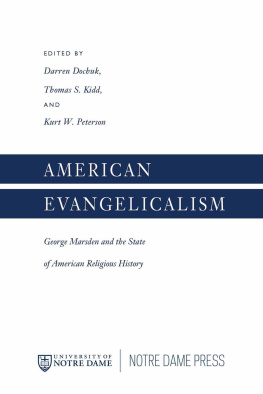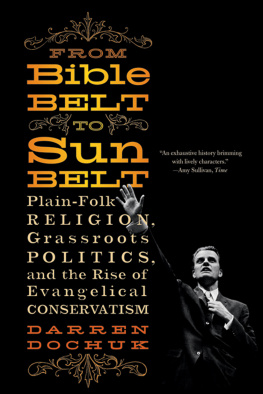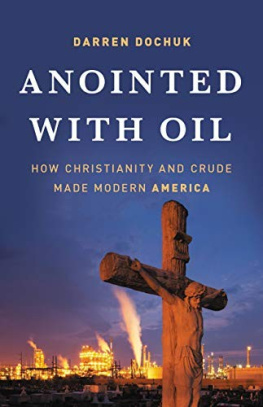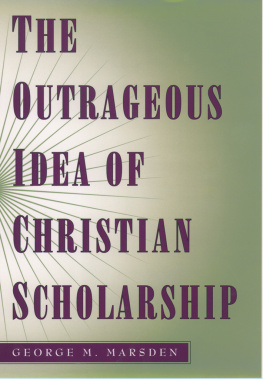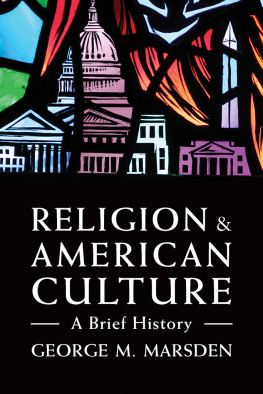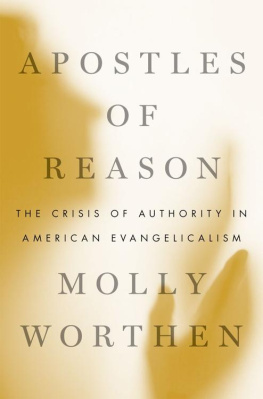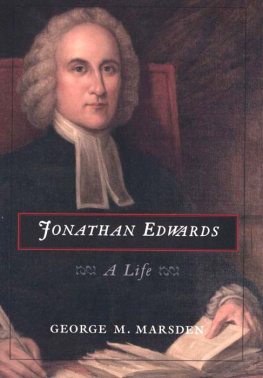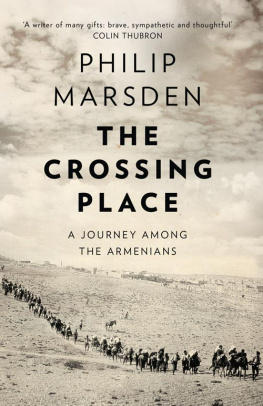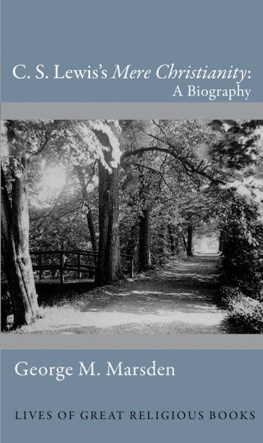
AMERICAN EVANGELICALISM
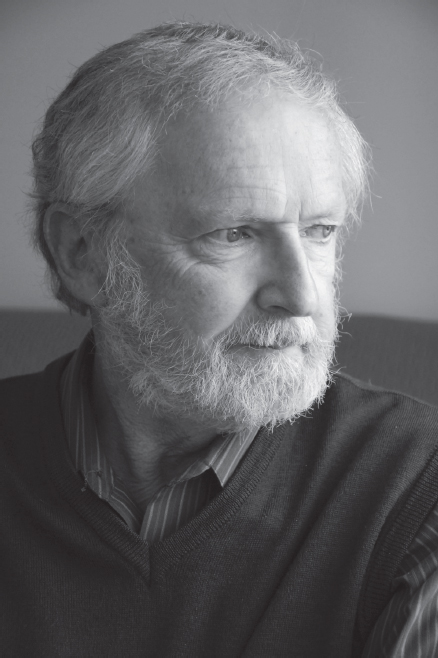
George M. Marsden. Photo by Lisa Svelmoe.
EDITED BY
Darren Dochuk, Thomas S. Kidd,
AND
Kurt W. Peterson
AMERICAN EVANGELICALISM
George Marsden and the State of American Religious History
UNIVERSITY OF NOTRE DAME PRESS
NOTRE DAME, INDIANA
University of Notre Dame Press
Notre Dame, Indiana 46556
www.undpress.nd.edu
All Rights Reserved
Published in the United States of America
Copyright 2014 by University of Notre Dame
Paberback published in 2016
Library of Congress Cataloging-in-Publication Data
American evangelicalism : George Marsden and the state of American religious history / edited by Darren Dochuk, Thomas S. Kidd, and Kurt W. Peterson.
pages cm
Includes bibliographical references and index.
ISBN 978-0-268-03842-7 (hardback) ISBN 0-268-03842-2 (hardcover) ISBN 978-0-268-15879-8 (paper)
1. United StatesChurch history. 2. Marsden, George M., 1939 3. EvangelicalismUnited StatesHistory. I. Dochuk, Darren, editor. II. Kidd, Thomas S., editor. III. Peterson, Kurt W., editor.
BR515.A5372014
277.3'08dc23
2014022435
ISBN 9780268158552
The paper in this book meets the guidelines for permanence and durability of the Committee on Production Guidelines for Book Longevity of the Council on Library Resources
This e-Book was converted from the original source file by a third-party vendor. Readers who notice any formatting, textual, or readability issues are encouraged to contact the publisher at .
For George M. Marsden
CONTENTS
NATHAN HATCH, MARK NOLL, HARRY STOUT, AND GRANT WACKER
Douglas A. Sweeney
Thomas S. Kidd
John Wigger
Margaret Bendroth
Peter J. Wallace
Jay R. Case
Barry Hankins
William L. Svelmoe
Kristin Kobes Du Mez
Timothy E. W. Gloege
Michael S. Hamilton
John Schmalzbauer
Steven M. Nolt
John G. Turner
Rick Ostrander
Garth M. Rosell
Darren Dochuk
Kathryn T. Long
David R. Swartz
Mark Noll
George Marsdens efforts have opened many doors for many people. At different times and in different ways the four authors of this preface have been able to do what we have done only because George was there first. We find ourselves profoundly indebted to George for many reasons, but three stand out.
First is the sheer magnitude of what he has writtena river flowing unabated for four decades of books, scholarly articles, essay reviews, public addresses, and As We See It op-eds in the late, lamented Reformed Journal. Most historians emphasize their specializations, but Marsdens work has spanned U.S. intellectual, cultural, and religious history from the early seventeenth to the early twenty-first centuries. After publishing his Yale dissertation on the origins of New School Presbyterianism in the Age of Jackson, George took in stride the development of fundamentalism, the secularization of the modern university, the philosophy of historical analysis, the life of Jonathan Edwards, and, currently, the twilight of the American Enlightenment after World War II. Two or three historians of our generation might have written (even) more, but none has published as many distinguished landmarks on so many subjects. Each of his books has defined the conversation. Thoughtful scholars sometimes have disagreed with Georges interpretations, but few have dared to ignore them. Each book advanced an argumentkeyed to specific questions, circumstances, or individualsbut in every case Marsden also created an agenda that others eagerly engaged. Georges work has given new meaning to the aphorism that words should be weighed, not just counted.
Our second debt concerns the clarity and boldness of Georges effort to integrate critical historical method with Christian faith. The operative word here is integrate. On one hand, his work has met the most rigorous standards of the modern academy. Despite Georges quip that historians are expert at building a mountain of speculation on a molehill of evidence, he has known better than anyone that responsible historical publication requires responsible historical research. His books have smelt of the candle. Yet there is more. He also has known that the evidence must be tortured, as R. G. Collingwood once said, in order to see what conclusions it warrants, and maybe even more important, does not warrant. And then it requires positioning in a compelling vision of what the past has meant, both then and now. If there is an antiquarian bone in Georges body, he has kept it hidden.
On the other hand, and at the same time, George also showed that responsible historical method could become even more critical if it remained open to ultimate religious questions. Through judicious deployment of his own Reformed and evangelical commitments, he encouraged others who shared his convictions, and many who did not, to engage large questions of meaning directly. This also obliged them to interpret their data empathetically, so that believers of times past would have been able to recognize themselves in the portrait. To make religious commitments transparent is to tempt triumphalism on one side and paternalism on the other. Yet by skirting the special pleading and in-group preoccupations of conventional church history and by eschewing the elitist reductionism of anticonventional religious and cultural studies, Marsden has sailed straight between those perils.
A third vitally important feature of Georges influence stems from his personal relationshipsas a teacher, a mentor of graduate students, and a colleague. What his lectures may have lacked in histrionics, they have more than made up in thought-provoking content. And in the seminar room, Georges ability to discern the point of a text, and somehow persuade graduate students that they saw it first, has won universal admiration. Though none of us was his graduate student, we have experienced enough of his personality in small group settings to understand why his style has been so pedagogically effective: modest, ironic, pithy, often self-deprecating, and always laced with bon mots to take down sacred cows. Then, too, the remarkable number of students whom George mentored through PhD programs at Duke and at Notre Dame, the prizes they have won, and the academic positions they have capturedas well as the essays many of them contributed to this volumedefine a record worthy of his own Yale teacher, Sydney Ahlstrom. Finally, as Georges slightly junior colleagues, we all have benefited from his perennial willingness to break away from his own projects in order to read, critique, and encourage our own. He never has taken the easy route of saying, I liked your manuscript. Rather, he always has taken the hard one of saying, I liked your manuscriptbut here are some paragraphs you might want to revisit.
We gratefully introduce this collection, reflecting as it does Georges lifetime contribution to historical thought and inquiry enacted in the context of his lived faith. More particularly, we celebrate the occasion of this publication as a witness to the meaning of Georges friendship to each of us, both as professional historians and as fellow sojourners.
Nathan Hatch
Mark Noll
Harry Stout
Grant Wacker
This book grew out of conversation between George Marsdens graduate students who felt that his mentorship should, upon his retirement from the University of Notre Dame, be honored in published form. Each one of this volumes chapters bears witness to the impact he has had on countless readers through his prodigious research and writing, but none comes close (though a few offer hints) to revealing the true weight of his influence, which came through his teaching. All of the contributors to this volume have benefited directly from Georges instructionwhether through coursework, dissertation advising, or scholarly consultationand have pursued research and writing agendas shaped under his counsel. There is much more that we could say about Georges commitment to our intellectual and professional development and about the many admirable characteristics that have made him such a warm and gracious friend as well as adviser to us all. Alas, time and space are too short. We trust, however, that the labor committed to this volume will offer readers at least a glimpse into Georges many other strengths and, at least for now, serve as a thank-you to someone who has meant so much.
Next page
